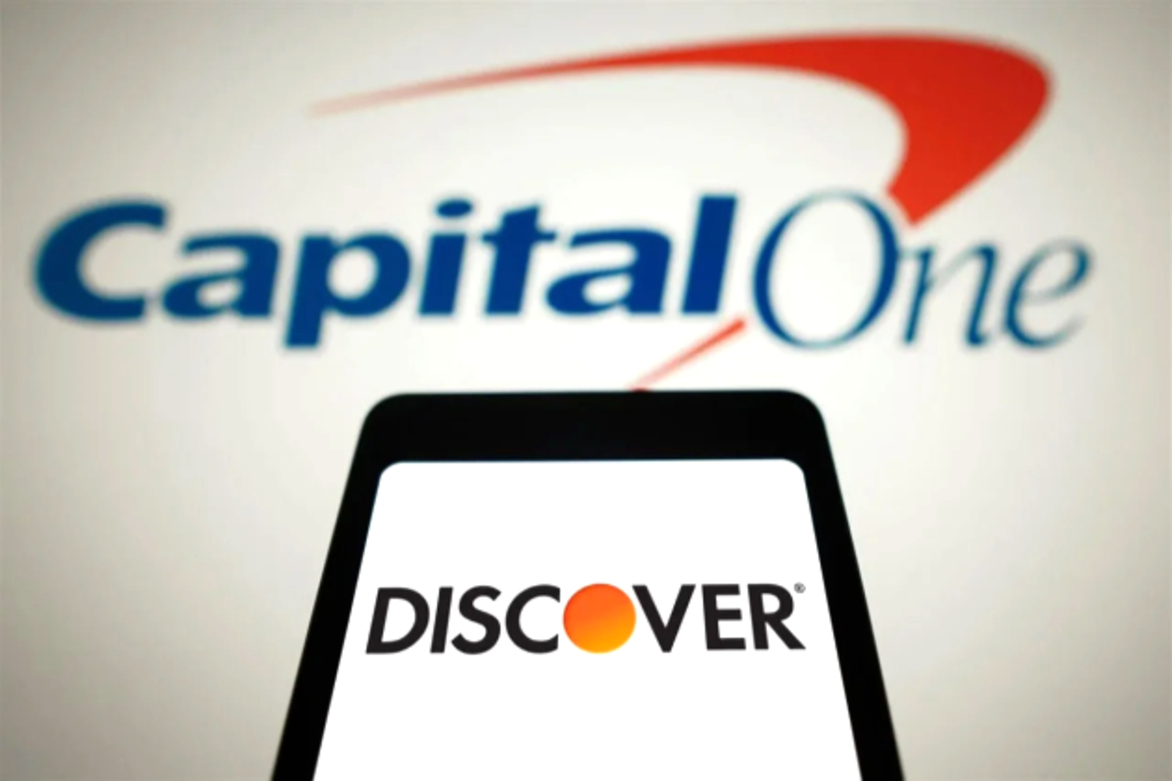$35.3 billion merger set to reshape credit card industry
Robert Besser
23 Apr 2025

WASHINGTON, D.C.: U.S. regulators have approved Virginia-based Capital One's $35.3 billion acquisition of Discover Financial Services, clearing the way for a merger that will reshape the credit card and payment processing landscape in the United States.
The Federal Reserve and the Office of the Comptroller of the Currency (OCC) on Friday said they had concluded a thorough review of the banks' 2024 application. With this approval, the combined company will become the country's largest credit card issuer by balances and the eighth-largest bank by assets.
Capital One and Discover Financial Services of Illinois, said the deal will officially close on May 18, having now secured all required regulatory clearances.
The merger gives Capital One access to Discover's payment network, allowing it to compete more directly with Visa and Mastercard. Capital One's control of this network will expand its reach in payment processing and diversify its offerings.
"This combination will increase competition in payment networks, offer a wider range of products to our customers, increase our resources devoted to innovation and security, and bring meaningful community benefits," said Michael Shepherd, interim CEO and president of Discover.
The Fed said the merged entity will hold approximately US$637.8 billion in assets, accounting for 2.2 percent of insured U.S. deposits.
The OCC's approval was conditional, requiring Discover to address the underlying causes of past enforcement actions. Discover has been ordered to take corrective steps to resolve outstanding issues.
Regulators also issued penalties alongside the approval. The Federal Reserve imposed a consent order on Discover and fined the company $100 million over fee overcharges dating back to 2007. The Federal Deposit Insurance Corporation (FDIC) levied an additional $150 million civil penalty related to the same issue.
Despite regulatory conditions, the merger was allowed to proceed after the Justice Department found no major competition concerns.
Not all responses to the approval were positive. Advocacy group Better Markets criticized the merger, warning it could reduce consumer choice and raise costs. "This deal will lead to more fees and less competition," said Shayna Olesiuk, the group's director of banking policy.
